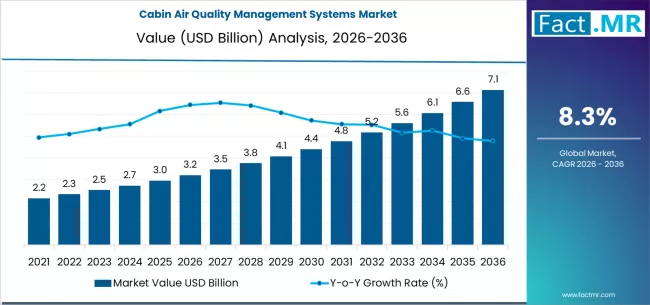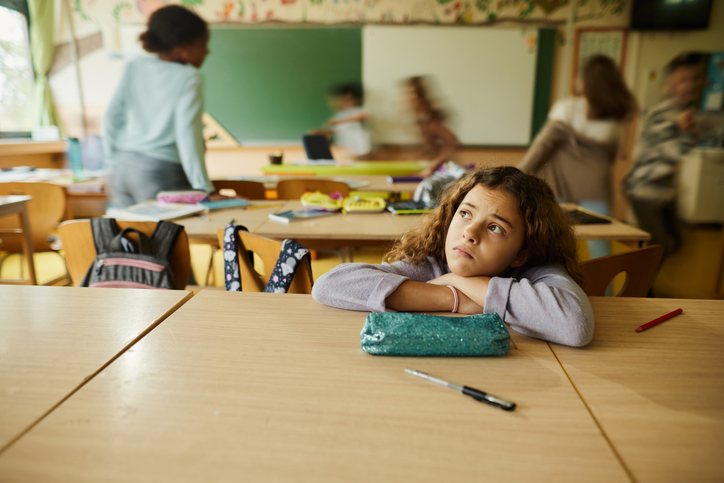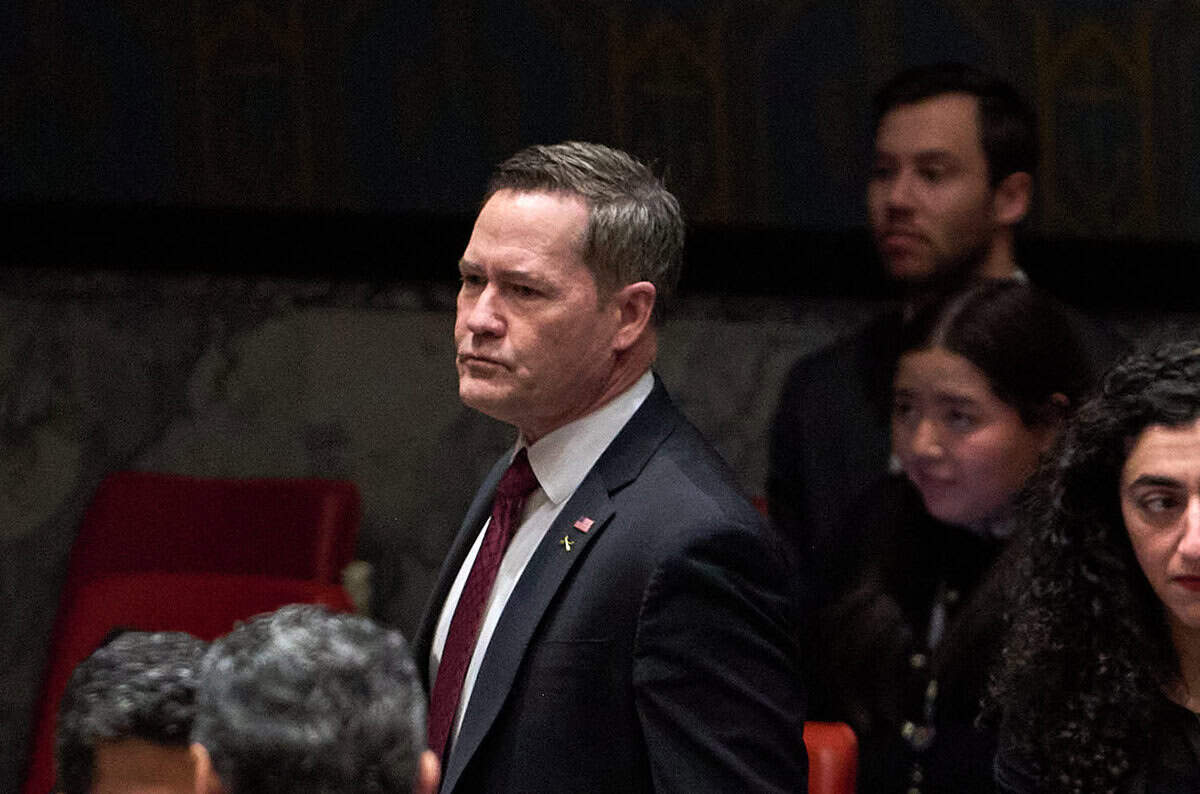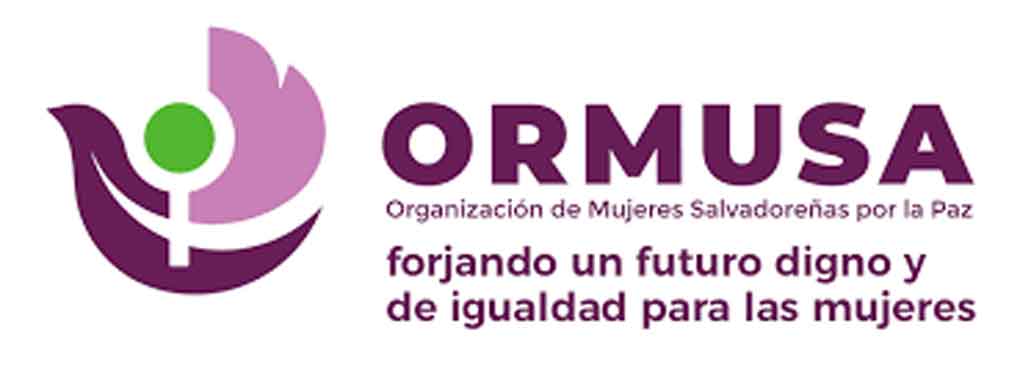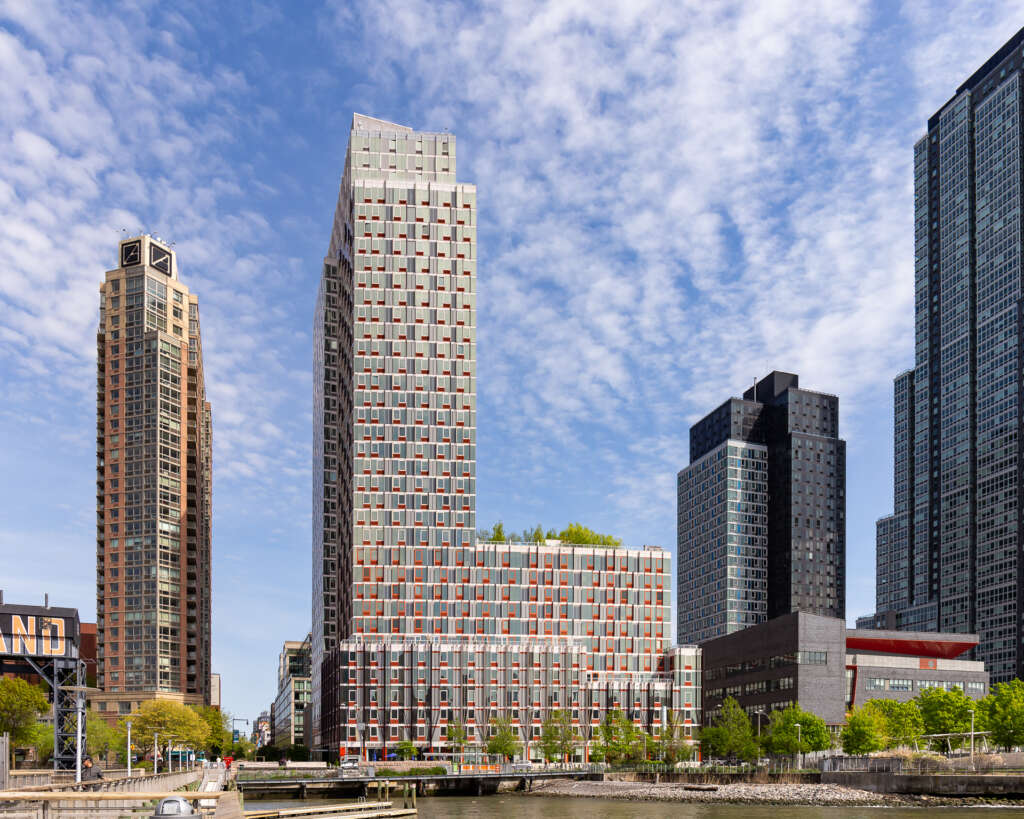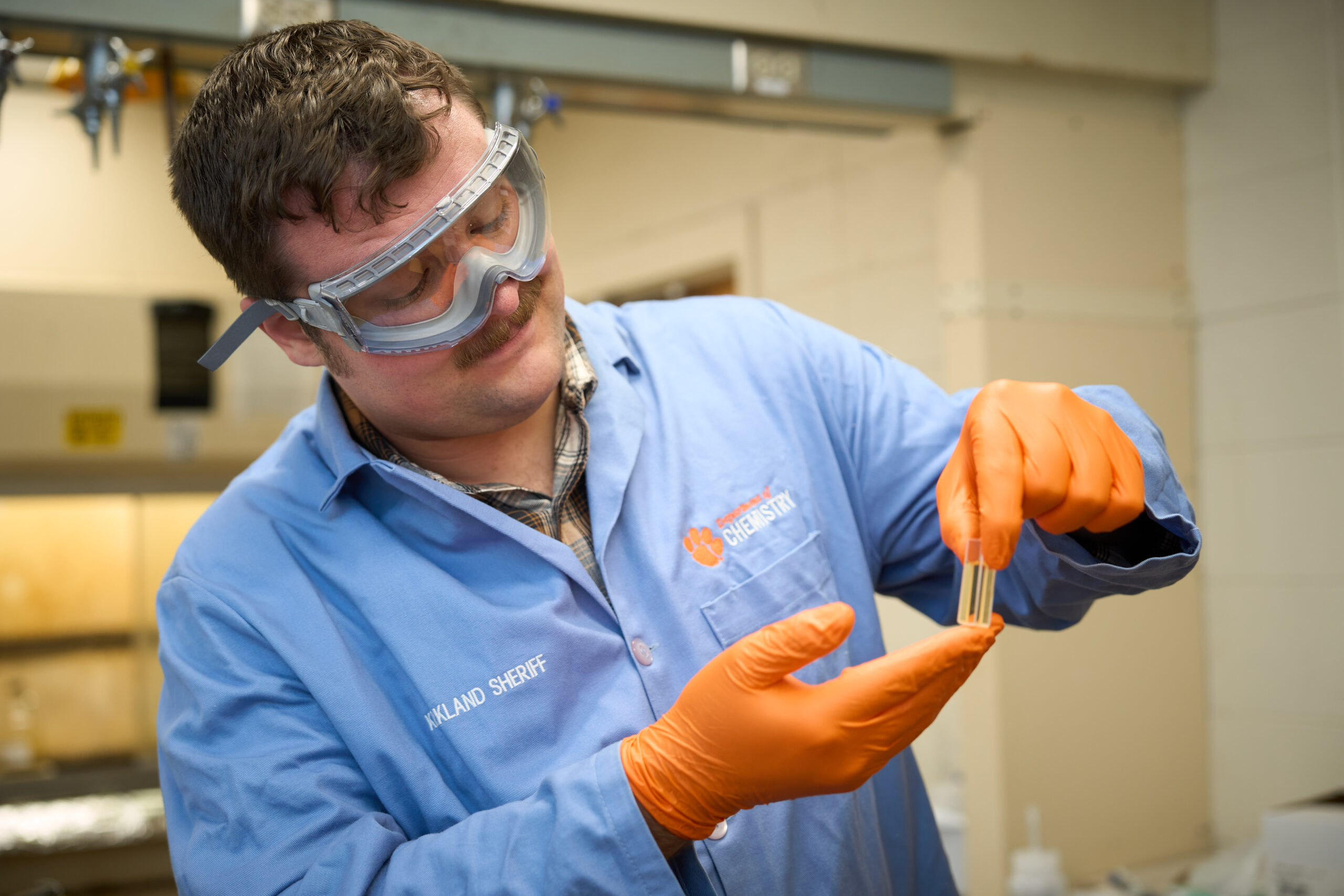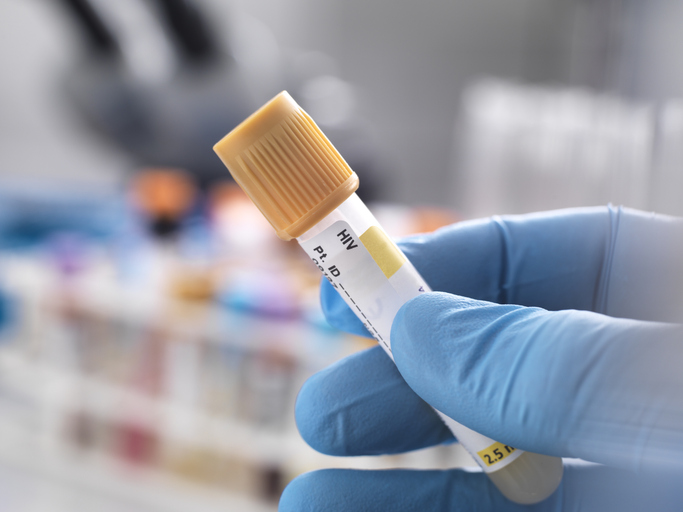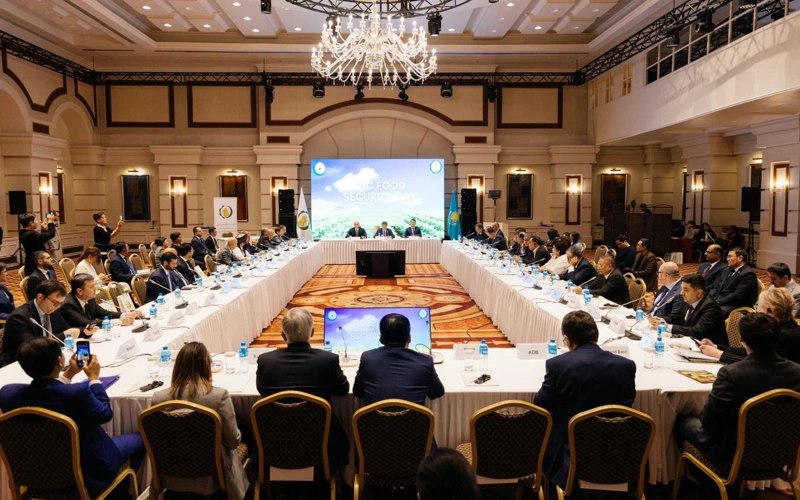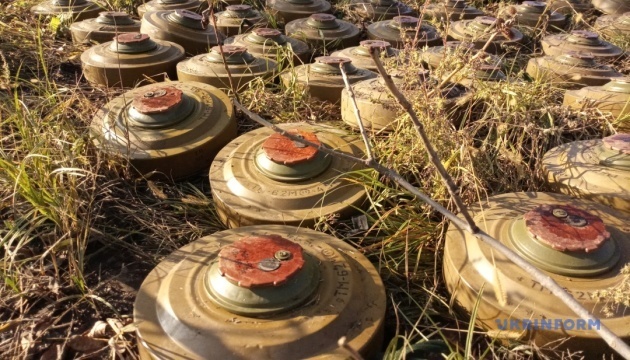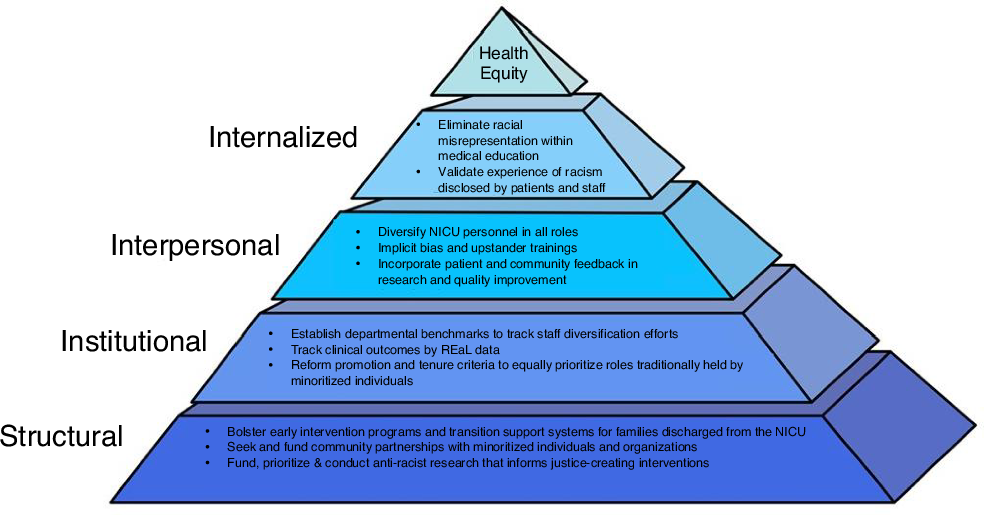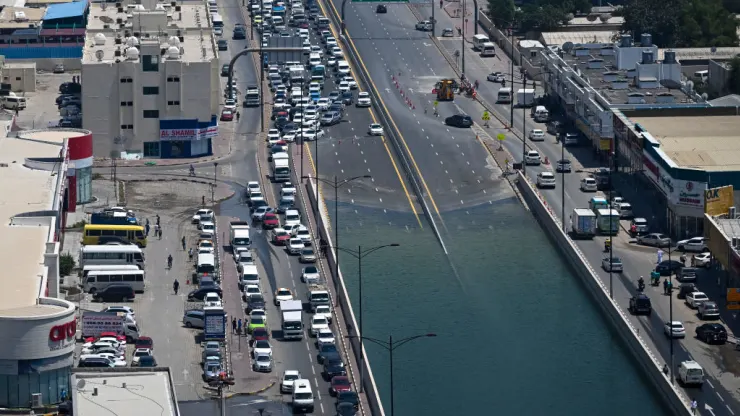Prison time, fines and ostracisation: anti-gay law shocks community in African country seen as relatively safe – The Guardian
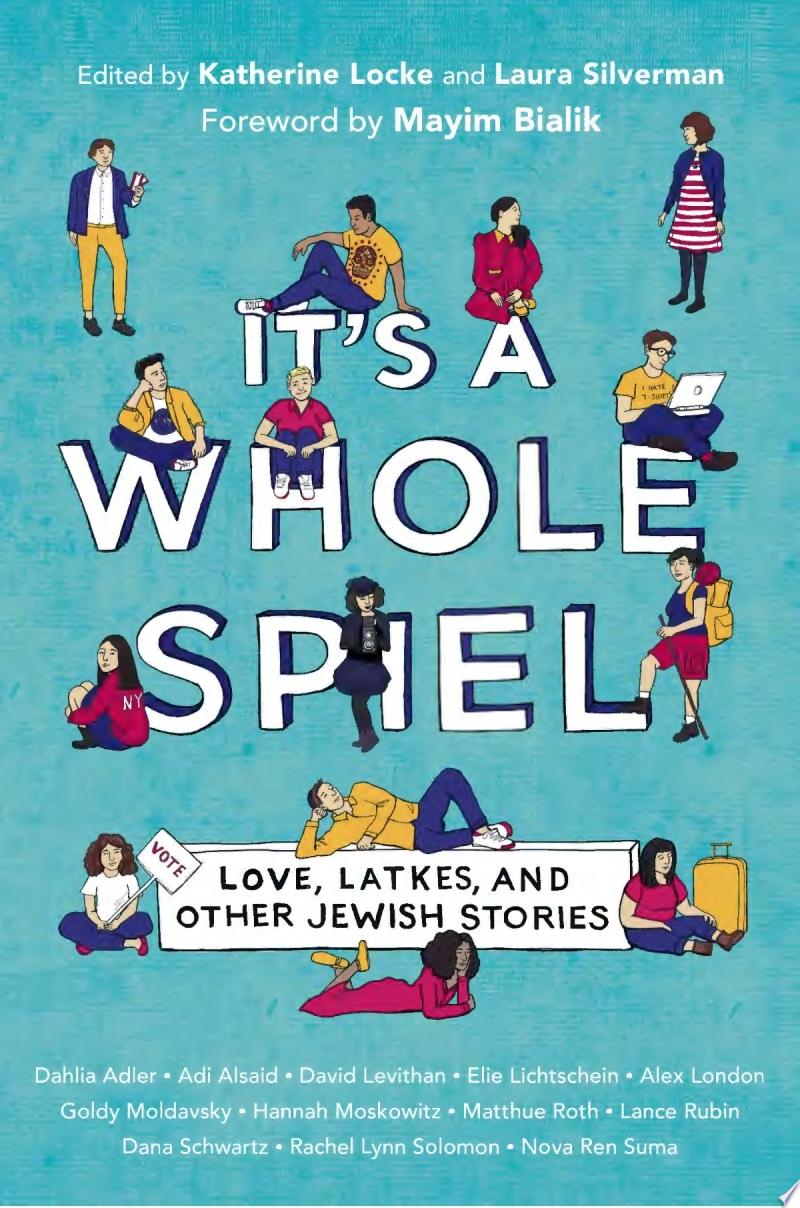
Report on New Legislation in Burkina Faso and its Conflict with Sustainable Development Goals
1.0 Introduction: Legislative Amendment Criminalizing Homosexuality
On September 1, Burkina Faso’s government announced a significant amendment to the 1990 Code of Persons and Family (CPF). This report details the new law, its immediate impact on the local population, and its direct contradiction with several key United Nations Sustainable Development Goals (SDGs).
- New Penalties: The amendment introduces, for the first time, a prison sentence of two to five years and a fine for individuals found to be “promoting homosexuality.”
- Government Justification: The Minister of Justice and Human Rights, Edasso Rodrigue Bayala, described the amendment as a “historic reform” intended to ensure “respect for cultural values and the will to build a Burkinabé family.”
- Legislative Approval: The law was approved by President Ibrahim Traoré in July 2024 and subsequently passed unanimously by the transitional legislative assembly, which has been in place since the September 2022 coup d’état.
2.0 Impact on Human Rights and Community Well-being
The legislation has generated a climate of fear and uncertainty, particularly among the LGBTQ+ community, directly impacting personal safety, social cohesion, and access to essential services.
- Erosion of Safety: Individuals report increased distrust and social isolation for their own safety. A primary fear is that the general population may be incited to persecute them.
- Threat to Support Networks: Community members express concern that their mutual support networks and safe meeting spaces could be identified and dismantled.
- Loss of Safe Haven Status: Previously, Burkina Faso’s legal code did not mention homosexuality, making it a relative safe haven for queer individuals from across West Africa. This new law reverses that status.
- Additional Provisions: The amendment also mandates the expulsion of any non-national engaging in homosexual practices and places restrictions on adoption.
3.0 Contradictions with Sustainable Development Goals (SDGs)
The new law fundamentally undermines Burkina Faso’s commitment to the 2030 Agenda for Sustainable Development by creating legal and social barriers that are in direct opposition to the core principles of inclusion, equality, and well-being.
3.1 SDG 3: Good Health and Well-being
The legislation poses a significant threat to public health outcomes by creating barriers to healthcare access for a marginalized group.
- It fosters a fear of seeking medical help, as individuals question whether healthcare professionals will protect their confidentiality or report them to authorities.
- This directly contravenes the goal of ensuring universal health coverage and access to quality essential healthcare services for all.
3.2 SDG 10: Reduced Inequalities
The law institutionalizes discrimination and widens social inequalities, violating the central SDG pledge to “leave no one behind.”
- Target 10.2: By criminalizing a specific group, the law actively works against the goal of empowering and promoting the social inclusion of all, irrespective of “other status.”
- Target 10.3: It negates the objective of ensuring equal opportunity and eliminating discriminatory laws, policies, and practices.
3.3 SDG 16: Peace, Justice, and Strong Institutions
The amendment weakens the rule of law and erodes the principles of justice and inclusivity that are foundational to peaceful societies.
- It undermines the goal of providing access to justice for all by creating a legal framework for persecution.
- The law fosters a climate of fear rather than peace and security.
- It compromises the development of effective, accountable, and inclusive institutions by legally sanctioning discrimination.
3.4 SDG 5: Gender Equality
While often focused on women and girls, SDG 5 aims to achieve equality and end all forms of discrimination. This law represents a significant regression.
- It is a discriminatory measure that contravenes the broader principles of equality and human rights for all individuals, regardless of sexual orientation or gender identity.
4.0 Regional and National Context
This legislative action is situated within two broader trends:
- Regional Push Against LGBTQ+ Rights: The law is consistent with similar anti-homosexuality legislation recently passed or considered in other African nations, including Uganda, Mali, and Kenya, often under the banner of protecting “family values.”
- National Political Agenda: Since the 2022 coup, Burkinabé authorities have emphasized national sovereignty, local traditions, and anti-colonialism. This law is presented as part of that agenda. However, it has led to despair among the country’s youth, with some expressing a desire to emigrate to live safely.
Analysis of the Article in Relation to Sustainable Development Goals
1. Which SDGs are addressed or connected to the issues highlighted in the article?
-
SDG 3: Good Health and Well-being
The article highlights concerns about access to healthcare for the LGBTQ+ community. The quote from Paul, “How will we go to health centres? Will doctors and nurses protect us? Or will they report us?” directly points to the fear that the new law will create significant barriers to seeking medical help, thus jeopardizing the health and well-being of this population group.
-
SDG 10: Reduced Inequalities
The core issue of the article is the creation of a law that institutionalizes inequality. The amendment to the Code of Persons and Family explicitly targets a specific group based on their sexual orientation, creating legal and social inequalities. It introduces penalties like prison sentences, fines, and even the expulsion of non-nationals, which directly contradicts the goal of promoting inclusion and eliminating discriminatory laws.
-
SDG 16: Peace, Justice and Strong Institutions
This goal is relevant as the article discusses the implementation of a new law that undermines justice and inclusion. The passing of a discriminatory law by the transitional legislative assembly represents a failure of institutions to protect the rights of all citizens equally. It fosters a climate of fear and persecution (“I don’t know if someone is going to monitor us, if the population will revolt against us or persecute us”), which is the opposite of a peaceful and inclusive society with equal access to justice for all.
2. What specific targets under those SDGs can be identified based on the article’s content?
-
Under SDG 3: Good Health and Well-being
- Target 3.8: Achieve universal health coverage, including financial risk protection, access to quality essential health-care services and access to safe, effective, quality and affordable essential medicines and vaccines for all. The article implies this target is threatened, as the fear of being reported by healthcare professionals will likely prevent LGBTQ+ individuals from accessing essential health services.
-
Under SDG 10: Reduced Inequalities
- Target 10.2: By 2030, empower and promote the social, economic and political inclusion of all, irrespective of age, sex, disability, race, ethnicity, origin, religion or economic or other status. The law actively disempowers and excludes individuals based on their sexual orientation (“other status”), forcing them to live hidden lives (“we live hidden, but we live”).
- Target 10.3: Ensure equal opportunity and reduce inequalities of outcome, including by eliminating discriminatory laws, policies and practices. The article is centered on the creation of a new discriminatory law that establishes prison sentences and fines for “promoting homosexuality,” directly opposing this target.
-
Under SDG 16: Peace, Justice and Strong Institutions
- Target 16.3: Promote the rule of law at the national and international levels and ensure equal access to justice for all. The new law denies equal access to justice by criminalizing a segment of the population, making them vulnerable to legal persecution rather than protection.
- Target 16.b: Promote and enforce non-discriminatory laws and policies for sustainable development. The article describes the exact opposite of this target: the creation and enforcement of a new law that is explicitly discriminatory.
3. Are there any indicators mentioned or implied in the article that can be used to measure progress towards the identified targets?
The article implies several indicators that can be used to measure the negative impact on the identified targets:
-
Implied Indicators for SDG 3
- Barriers to accessing healthcare: The fear expressed by Paul (“How will we go to health centres? Will doctors and nurses protect us? Or will they report us?”) implies a measurable increase in barriers to healthcare for the LGBTQ+ community. This could be tracked through surveys on healthcare avoidance due to fear of discrimination or legal repercussions.
-
Implied Indicators for SDG 10 & 16
- Existence of discriminatory laws: The primary indicator is the law itself. The article explicitly states that an amendment to the Code of Persons and Family was passed, establishing “a prison sentence of between two and five years and a fine for those who ‘promote homosexuality’.” This is a direct measure related to Target 10.3 and 16.b.
- Reported feelings of discrimination and fear: The article is replete with quotes indicating a rise in perceived discrimination and fear. Statements like, “I’ve become much more distrustful, I’ve shut myself off,” and the prevalence of “hateful and discriminatory messages” on social media serve as qualitative indicators for Indicator 16.b.1 (Proportion of population reporting having personally felt discriminated against or harassed).
- Forced displacement or desire to emigrate: Paul’s statement, “My wish is to leave the country,” suggests that the law may lead to an increase in emigration or asylum-seeking among the LGBTQ+ population, which can be a measurable indicator of persecution and lack of safety.
4. Table of SDGs, Targets, and Indicators
| SDGs | Targets | Indicators Identified in the Article |
|---|---|---|
| SDG 3: Good Health and Well-being | 3.8: Achieve universal health coverage and access to quality essential health-care services. | Fear of accessing health centers due to risk of being reported by medical staff, creating a barrier to essential services. |
| SDG 10: Reduced Inequalities | 10.2: Promote social, economic and political inclusion of all. 10.3: Eliminate discriminatory laws, policies and practices. |
The existence of the new law criminalizing homosexuality. The social exclusion forcing the LGBTQ+ community to “live hidden.” The provision for the expulsion of non-nationals engaging in homosexual practices. |
| SDG 16: Peace, Justice and Strong Institutions | 16.3: Ensure equal access to justice for all. 16.b: Promote and enforce non-discriminatory laws and policies. |
The formal passing of a discriminatory law by the state. Widespread fear of persecution by the population and authorities. An increase in hateful and discriminatory messages on social media. The desire to emigrate to escape persecution. |
Source: theguardian.com

What is Your Reaction?
 Like
0
Like
0
 Dislike
0
Dislike
0
 Love
0
Love
0
 Funny
0
Funny
0
 Angry
0
Angry
0
 Sad
0
Sad
0
 Wow
0
Wow
0

